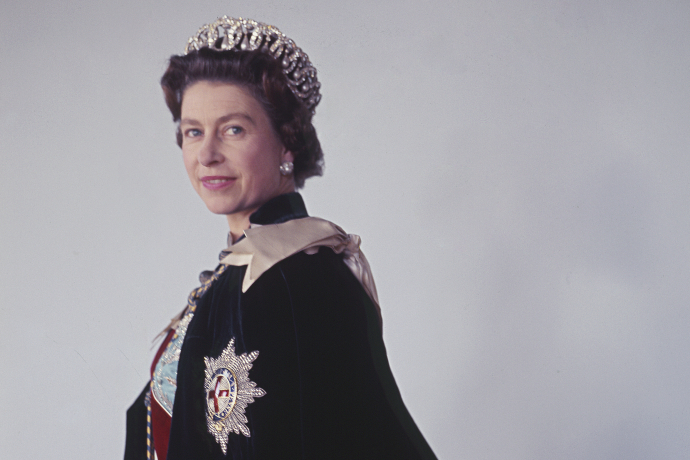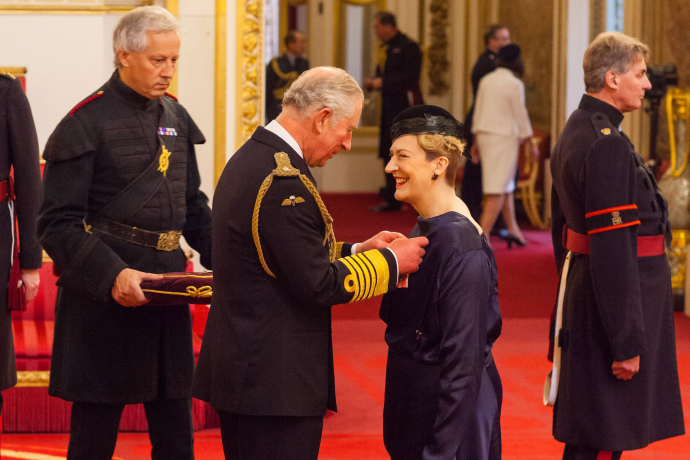Remarks by HRH The Prince of Wales at Waitangi, New Zealand
Published
New Zealand has faced up to the most painful periods of her past in a way that offers an example to the world. She has done so with courage, compassion and tolerance – qualities which, it seems to me, define the New Zealand character,
E ngā mana, e ngā reo, kei aku rangatira
(acknowledging all who have gathered here today, and also to the noble people before me)
Ladies and Gentlemen,
It gives my wife and myself the greatest possible pleasure and pride to join all of you here today in this special place of such profound significance, and to bring with us Her Majesty The Queen’s warmest greetings to you all.
I want particularly to acknowledge the tribal people of this land and of this region:
Ngā Puhi, tēnā koutou.
Waitangi, where for centuries people have met to debate and to challenge, to make new commitments and to renew old ones, also holds great meaning for my family. I remember vividly my first visit here, some forty-five years ago. I have always kept with me such treasured memories of the warmth of the welcome that was extended to Her Majesty The Queen, The Duke of Edinburgh and myself on that occasion, as it was to me when I last came here, in 1994.
Today, therefore, I am particularly pleased that my wife should be able to join me, on her first visit to Waitangi, and I know just how much it means to her that she could come to this remarkable place.
Ladies and Gentlemen,
In the twenty-five years since I was last in Waitangi, a great deal has changed. Back then, New Zealand was poised to take a bold and vitally important step – to begin the process of settling historical grievances under the Treaty of Waitangi. The Queen gave Royal Assent to the first such treaty settlement in 1995 and over the past quarter of a century the vast majority of New Zealand’s iwi [ee-wee] have signed similar settlements, or are now actively engaged in the settlement process.
For as long as I have known this country and her people, I have been deeply struck by the commitment of New Zealanders to doing what is right, even when it is not easy. New Zealand has faced up to the most painful periods of her past in a way that offers an example to the world. She has done so with courage, compassion and tolerance – qualities which, it seems to me, define the New Zealand character, as displayed so conspicuously following the recent atrocity in Christchurch.
The treaty settlements do not, and cannot, right all the wrongs of the past, and they can only go so far in easing the pain that has been felt by so many people. But the covenant that was signed on this site nearly 180 years ago was historic and farsighted. Two peoples – tāngata whenua (people of the land) and tauiwi (settled people) – agreed to come together under the Treaty of Waitangi and to work in partnership. The road that these two peoples have travelled together over the intervening centuries has not always been an easy one. But I am heartened that through settlements, through dialogue and, above all, through understanding, New Zealand and her people continue to demonstrate their commitment to the principles of this partnership.
For my part, I can only emphasise the strength of the commitment successive Sovereigns to the defining promise of this covenant. In standing before you here today, I humbly reaffirm my commitment, and that of my children and grandchildren, to this bond between us, and to ensuring that it endures for future generations.
I am delighted that my visit here has provided an opportunity to bring with me an historic korowai on loan to the Waitangi Museum from Her Majesty the Queen. This korowai was most generously given to my great great great grandmother, Queen Victoria, by Reihana Te Taukawau on his historic visit to Great Britain in 1863. It was during that visit that Queen Victoria also met Hare and Hariata Pomare and became godmother to their baby, named Albert Victor at Queen Victoria’s request. Her gifts to the child are also on display in the museum here, and I am very much looking forward to seeing them today.
The korowai has been cared for in the United Kingdom for 156 years, and it gives me particular pleasure that it can make the journey back to the land where it was created. I hope that many New Zealanders will take the opportunity to see it while it is here. For me, it is a taonga that symbolises the real and enduring relationship between the Crown and the Māori people, in which my family has taken immense pride for generations.
Ladies and Gentlemen,
This magnificent whare rūnanga (meeting House), was viewed by the esteemed Sir Apirana Ngata, who supervised its construction for the 1940 centenary celebrations, as a symbol of the two Treaty partners standing together. Its carvings, uniquely and rather beautifully, represent the various iwi from around New Zealand, and the tukutuku (woven panels) patterns bring to mind the first meetings between Māori and Europeans and our interwoven history from that time on.
This idea of interwoven histories, drawing threads from different places and different cultures, is also at the heart of the current Tuia – Encounters 250 commemorations. Tuia speaks of weaving and binding, bringing people together in a spirit of solidarity:
That it be woven above
As it is below
Woven without
As it is within
Interwoven with the threads of humanity.
The conversations sparked by this commemoration – conversations which are sometimes difficult, but necessary –will, I hope, help set a course as we journey into the years ahead. I trust that they might provide opportunities to reflect on the dual heritage of this remarkable nation, and to forge a genuinely shared future for the generations to come.
In this regard, I am greatly encouraged by the recent announcement that New Zealand’s histories will be taught in all schools. Students will soon learn all the stories of their past, including here at the new museum that will commemorate the service and sacrifice of Māori in the New Zealand Armed Forces. This museum, therefore, is awonderful and vitally important initiative that will ensure the legacy of those such as the remarkable men of the Māori Pioneer Battalion who fought so bravely at Gallipoli and on the Western Front; and those of the 28th (Māori) Battalion who served with great distinction in the Second World War. Five years ago, at the service to commemorate the 70th Anniversary of the Battle of Monte Cassino, my son, Prince Harry, met all the surviving New Zealand veterans present and told me how extraordinarily moved he was by the welcome he was given by the descendants of the Māori Battalion, whose heroism and sacrifice at Casino is legendary. The motto of the Māori Battalion was “Ake! Ake! Kia Kaha E!” Upwards, upwards, be strong! Words from which we can all take inspiration.
Ladies and Gentlemen,
By remembering the contribution of all those who have come before us, it is my dearest hope that future generations might continue the proud tradition of walking backwards into the future with their eyes fixed on the past.
I can only thank you once again for making us both so welcome here today. It was of great importance to us that we should come to Waitangi, to this place of such great meaning, where the peoples of Aotearoa New Zealand committed to walk into the future together.
Nō reira, tēnā anō koutou, tēnā tātou katoa
Related content
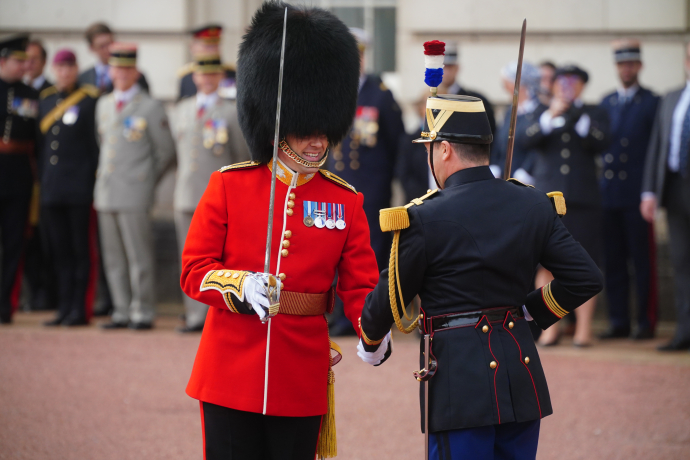
A message from The King on the 75th Anniversary on the Founding of N.A.T.O.
Message from The King for the 2024 Royal Maundy Service
It is my special prayer today that Our Lord’s example of serving one another might continue to inspire us and to strengthen all our communities.
Message from The King to mark the 70th anniversary of the end of the Korean War
It is our duty to remember what was once called “the Forgotten War”.
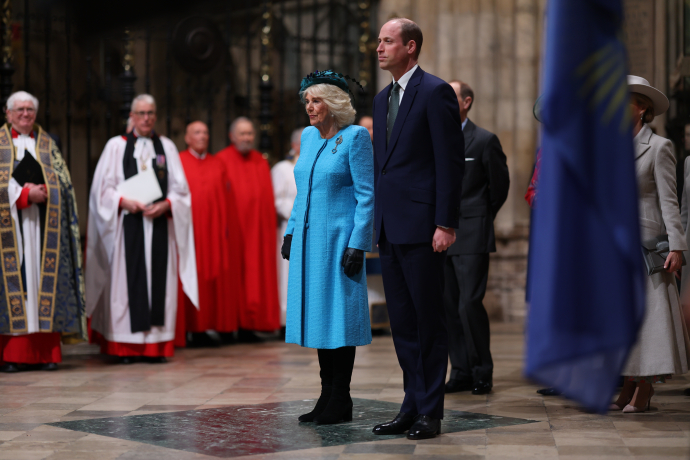
The King's Commonwealth Day Message 2024
The Commonwealth family is strongest when we are connected, through friendship.
A message of condolence from The King to the President of Tanzania following the passing of former Tanzanian President, Ali Hassan Mwinyi
My thoughts and prayers are with former President Mwinyi’s family and the Tanzanian people at this time.
Charities and Patronages
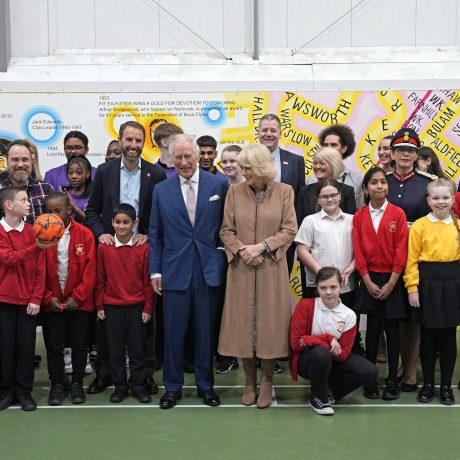
The King's message marking two years of conflict in Ukraine
My heart goes out to all those affected, as I remember them in my thoughts and prayers.
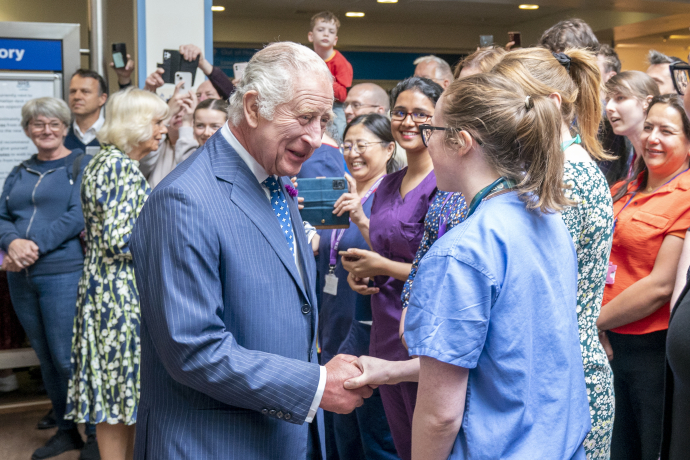
A message from His Majesty The King to Grenada marking their 50th year of Independence
On the occasion of the fiftieth Anniversary of the Independence of Grenada, it gives me great pleasure to send you all my congratulations and warmest good wishes.
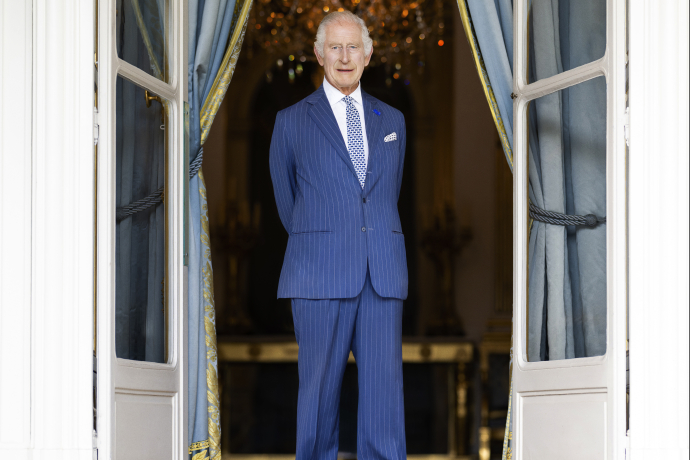
A message from His Majesty The King for the launch of Big Help Out 2024
I have long believed that one of the greatest strengths of our nation is our ability to come together and help each other through times of hardship. Throughout my life, I have...
A message from His Majesty The King to Their Majesties King Frederik X and Queen Mary of Denmark
I look forward to working with you on ensuring that the enduring bond between our countries, and our families, remains strong, and to working together with you on issues which...
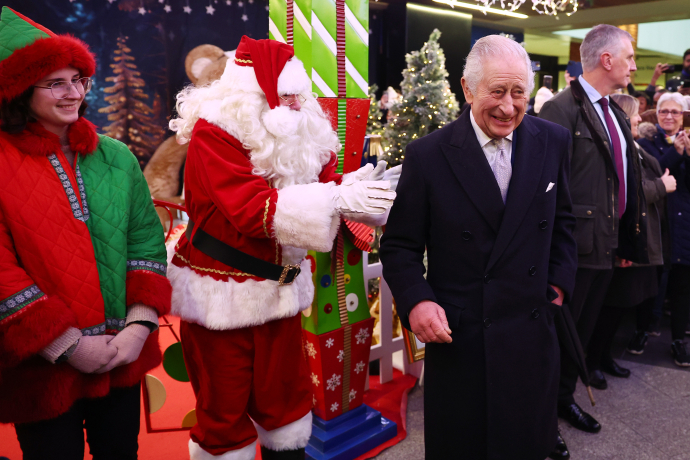
The King and Faith
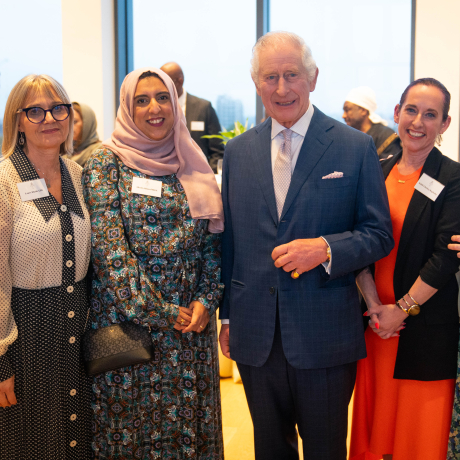
A speech by His Majesty The King at the opening of COP28, Dubai, U.A.E
Change will come by working together and making it easier to embrace decisions that will sustain our world, rather than carry on as though there are no limits – or as though...
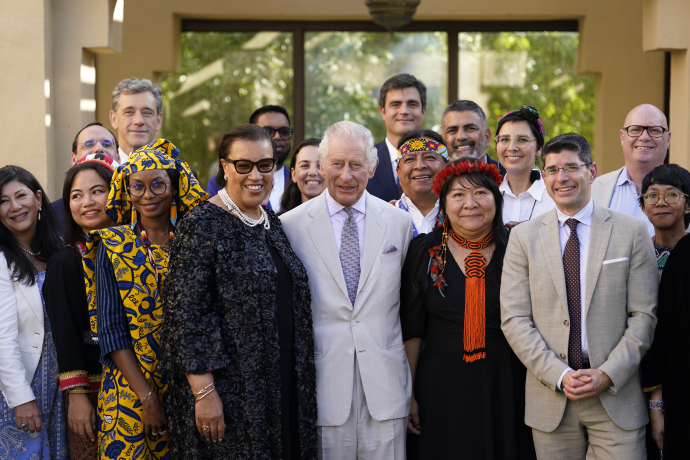
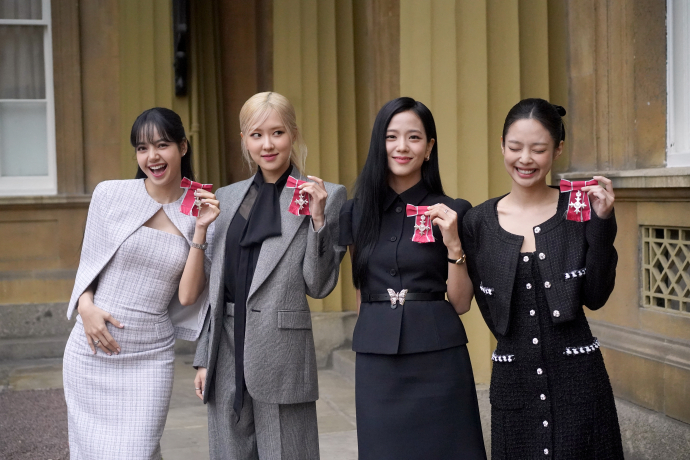
The King's speech at the State Banquet for the Republic of Korea
As our nations strive towards a harmony between progress and preservation, between the past and the present, we can look to the future with great confidence as our peoples...
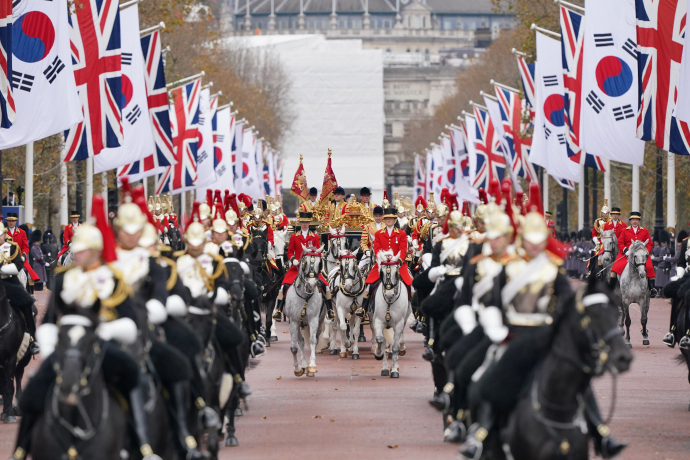
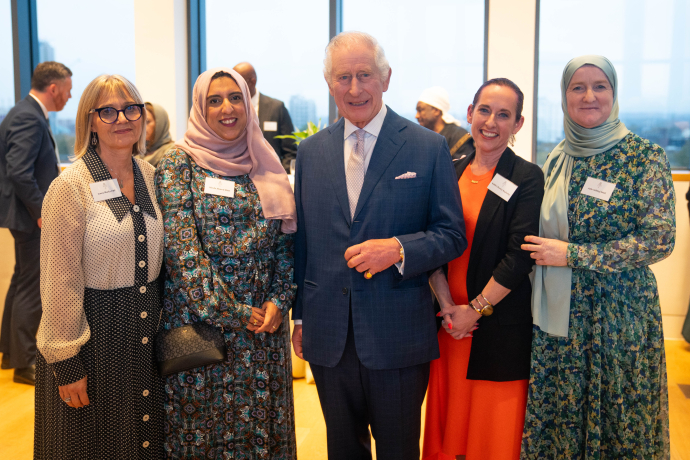
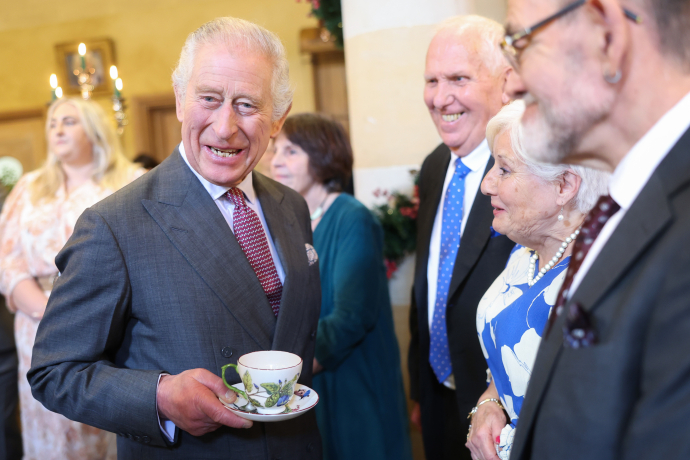
The Coronation Food Project
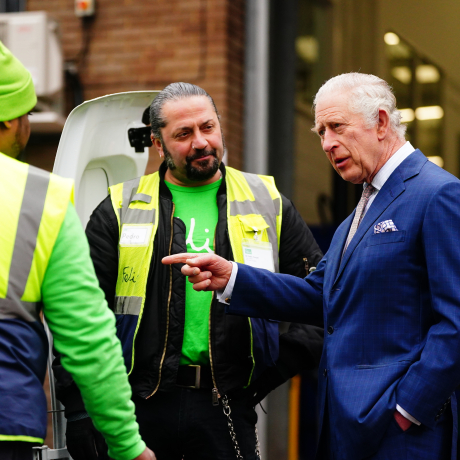
Charities founded by His Majesty The King as The Prince of Wales
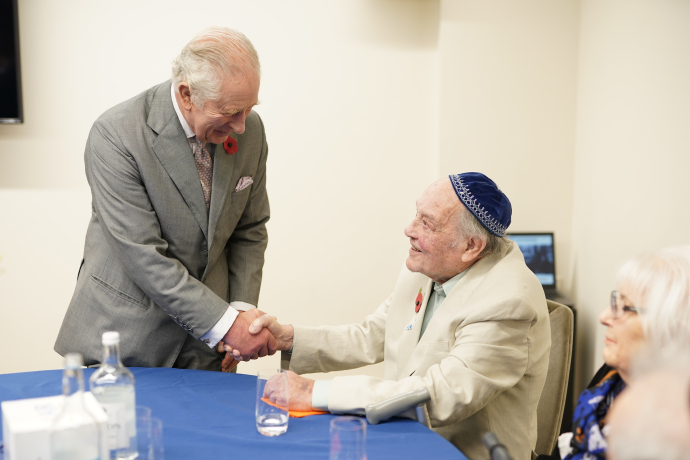
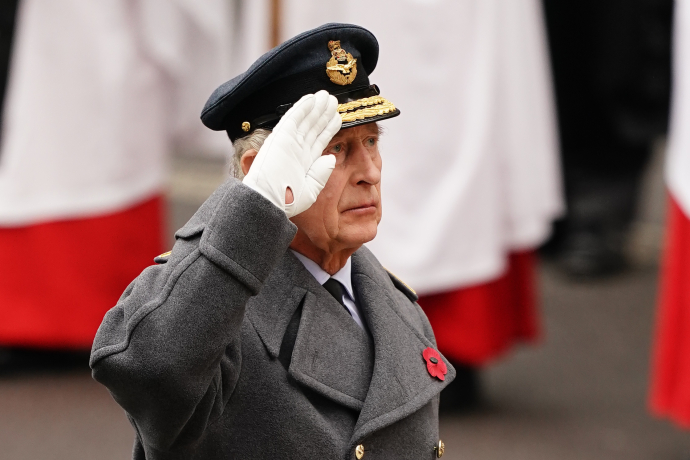
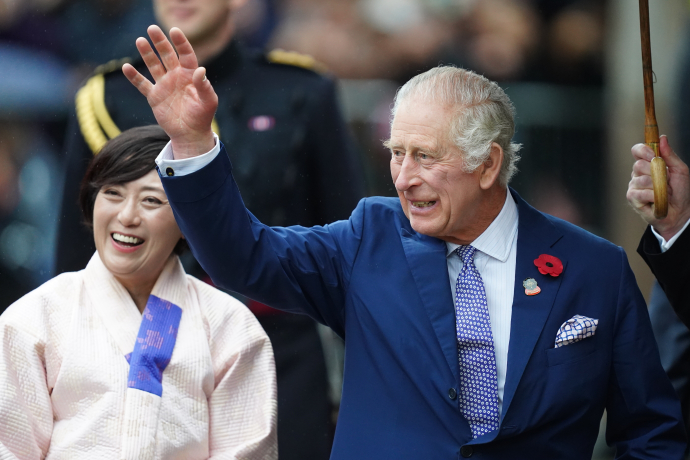
Further information about the State Visit of the President of the Republic of Korea
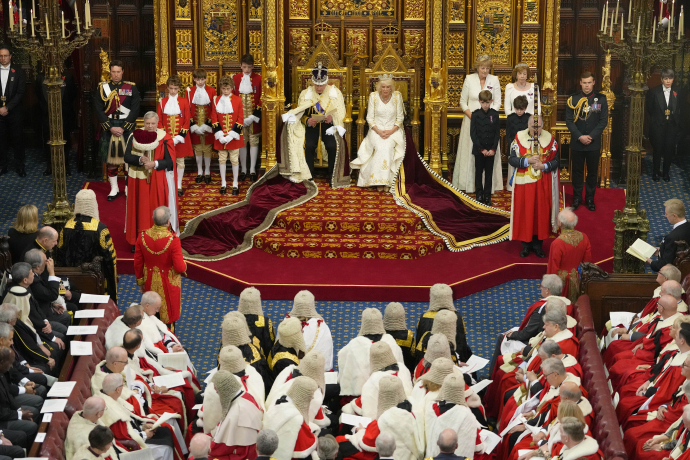
Remarks by His Majesty The King at the United Nations Office Nairobi, Kenya
As we look ahead to COP twenty-eight in another months time, we must remember what President Ruto said at the Africa Climate Summit – “we go far when we go together”.
A Speech by His Majesty The King at the State Banquet, Kenya
We both take considerable pride in renewing the ties between the United Kingdom and Kenya, a country that has long held such special meaning for my family.
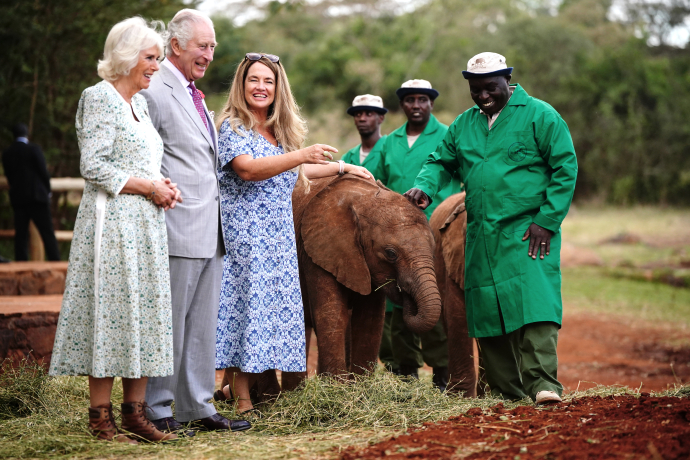
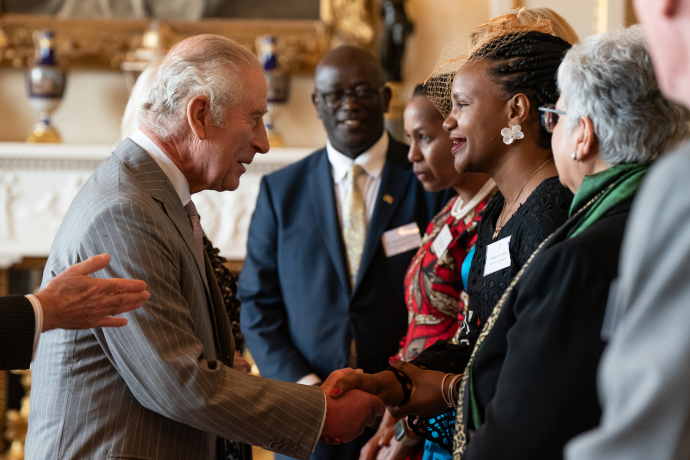
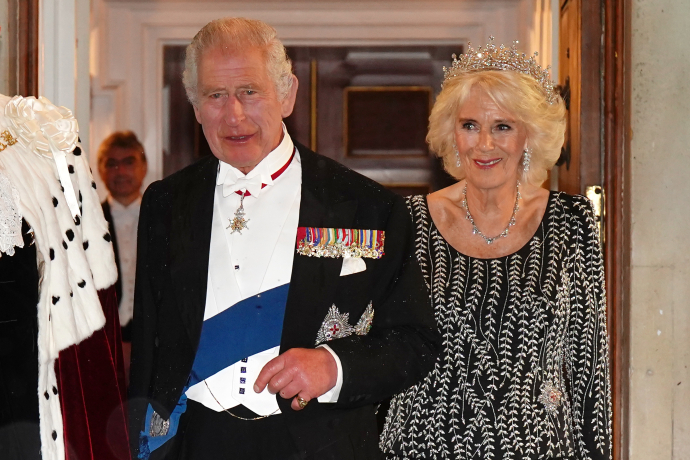
The King's speech at the French Senate
Today, in confronting the greatest challenges of our time, we continue the work of those who came before us. When General de Gaulle spoke to the French people from London in...
The King's speech during the State Banquet at Versailles
Mr. President, in all of this we can rely on our firm friendship, which is renewed and reinvigorated with each new generation.
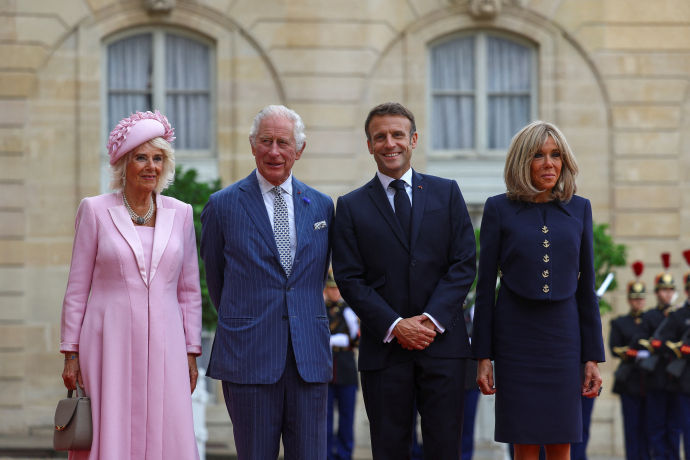
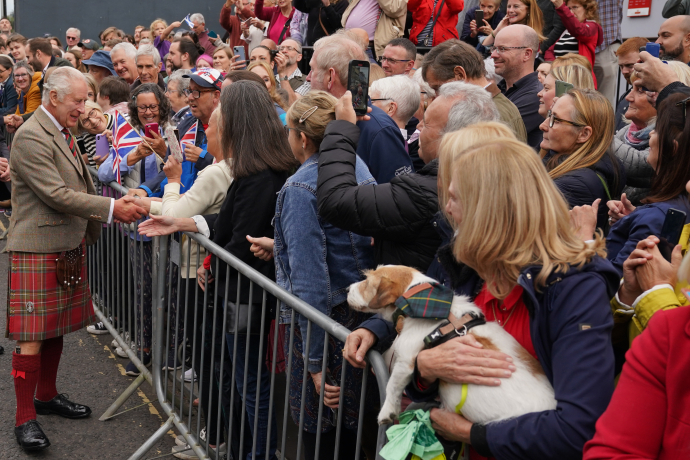
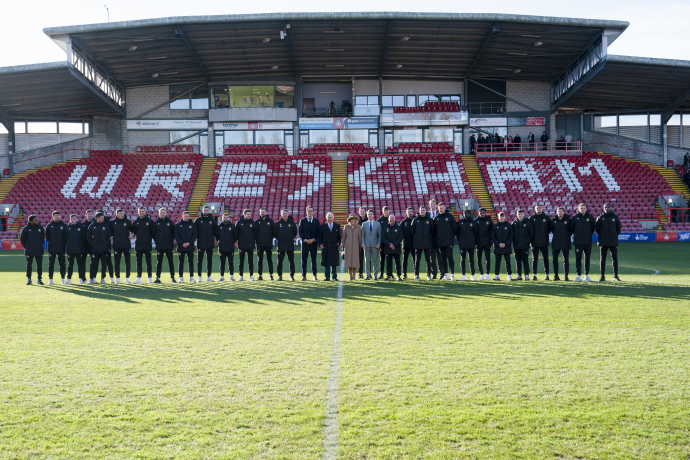
The King's message of condolence following the devastation caused by Storm Daniel.
I admire greatly all those who are engaged tirelessly in the rescue efforts in such dire conditions, and praise their selfless bravery.
A message from The King on the first anniversary of Queen Elizabeth II's Passing
07 September 2023